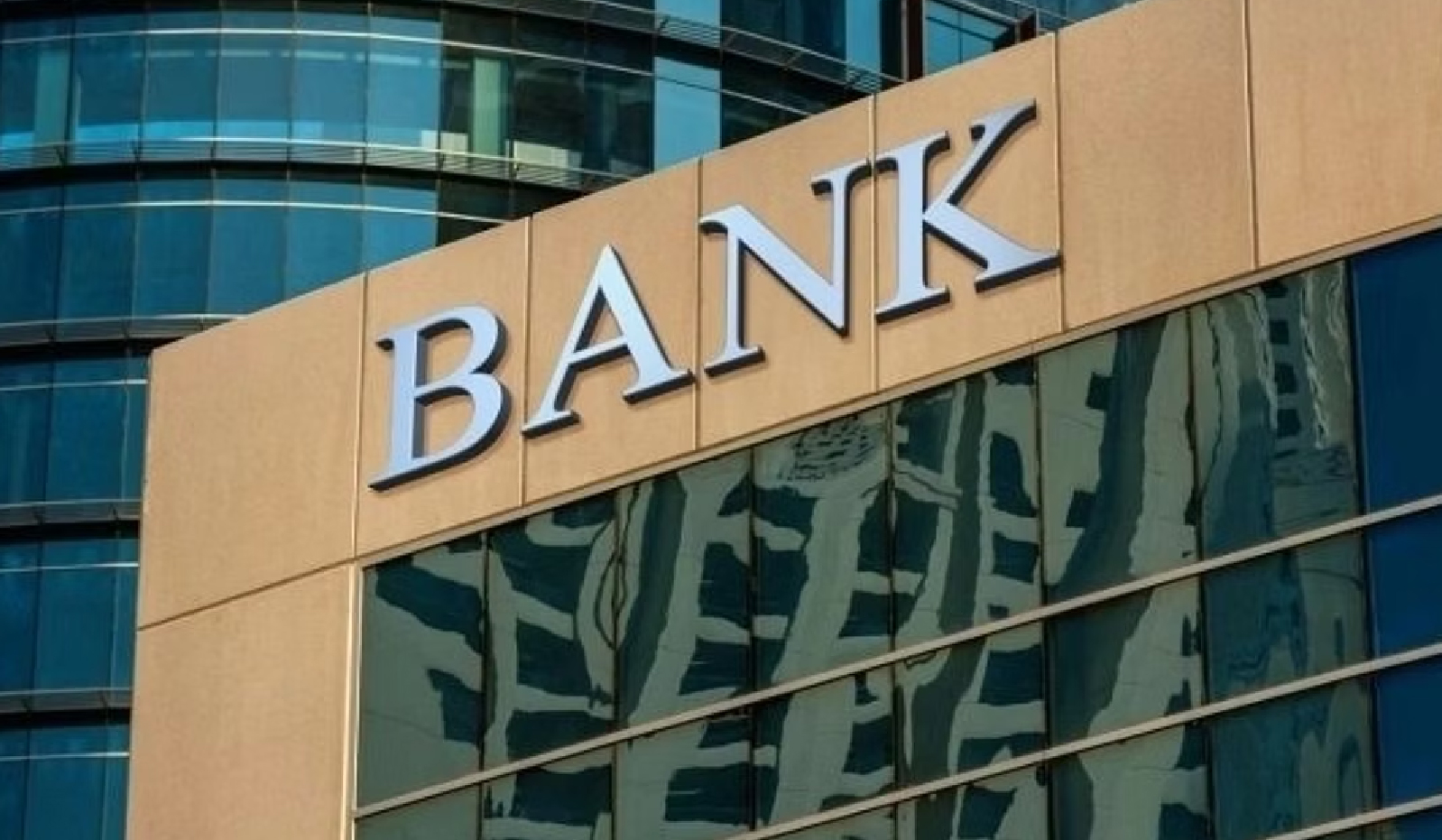India’s sovereign credit rating has been upgraded to 'BBB' with a stable outlook, up from 'BBB (low)', citing structural reforms, infrastructure investments, and fiscal consolidation as key drivers by agency.
Key findings of report
- Strong growth prospects for India: A 'BBB' rating denotes adequate credit quality, suggesting a capacity to meet financial obligations despite potential vulnerabilities.
- Macroeconomic framework as a key strength: Well-regulated financial system, credible inflation-targeting regime and flexible exchange rate enhance the economy’s resilience.
What is Sovereign Credit Rating?
- It is an assessment of a country’s creditworthiness showing the level of risk associated with lending to a particular country since it is applied to all bonds issued by the government.
- It broadly rates countries as either investment grade or speculative grade, with the latter projected to have a higher likelihood of default on borrowings.
- Standard & Poor's, Moody's, and Fitch Ratings are the three most influential agencies.
Issues with credit rating agencies
- Heavy reliance on qualitative indicators: Methodologies often depend on the opinions of a small group of experts, which can lead to subjective judgments, bandwagon effects.
- Lack of transparency: These are private agencies without independent funding and can affect institutional quality, as measured by the World Bank's Worldwide Governance Indicators (WGIs).
- Biased against developing nations: It often neglects GDP growth rate, inflation, general government debt, etc. (Economic Survey 2020-21)





